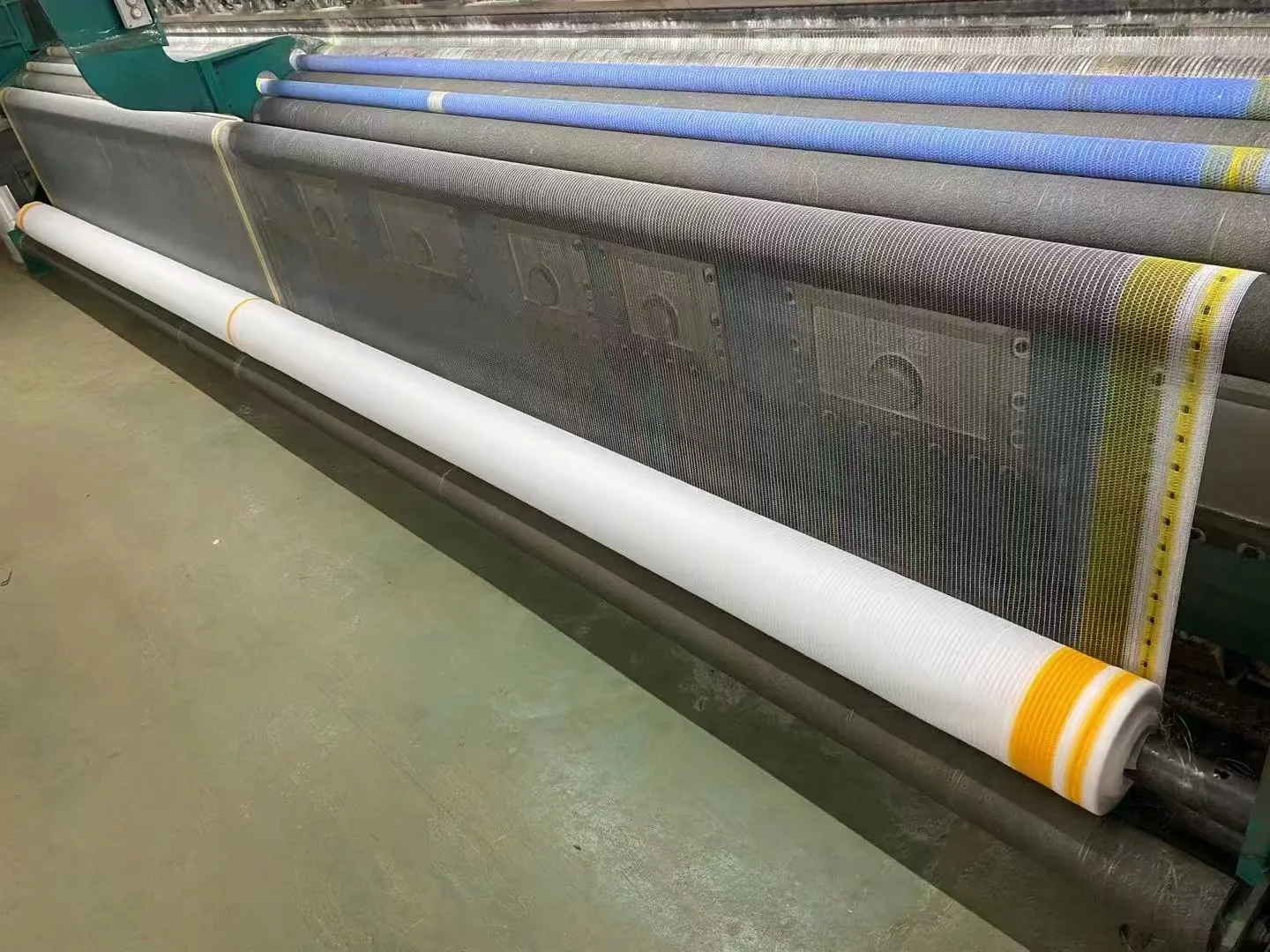-
 Afrikaans
Afrikaans -
 Albanian
Albanian -
 Amharic
Amharic -
 Arabic
Arabic -
 Armenian
Armenian -
 Azerbaijani
Azerbaijani -
 Basque
Basque -
 Belarusian
Belarusian -
 Bengali
Bengali -
 Bosnian
Bosnian -
 Bulgarian
Bulgarian -
 Catalan
Catalan -
 Cebuano
Cebuano -
 China
China -
 Corsican
Corsican -
 Croatian
Croatian -
 Czech
Czech -
 Danish
Danish -
 Dutch
Dutch -
 English
English -
 Esperanto
Esperanto -
 Estonian
Estonian -
 Finnish
Finnish -
 French
French -
 Frisian
Frisian -
 Galician
Galician -
 Georgian
Georgian -
 German
German -
 Greek
Greek -
 Gujarati
Gujarati -
 Haitian Creole
Haitian Creole -
 hausa
hausa -
 hawaiian
hawaiian -
 Hebrew
Hebrew -
 Hindi
Hindi -
 Miao
Miao -
 Hungarian
Hungarian -
 Icelandic
Icelandic -
 igbo
igbo -
 Indonesian
Indonesian -
 irish
irish -
 Italian
Italian -
 Japanese
Japanese -
 Javanese
Javanese -
 Kannada
Kannada -
 kazakh
kazakh -
 Khmer
Khmer -
 Rwandese
Rwandese -
 Korean
Korean -
 Kurdish
Kurdish -
 Kyrgyz
Kyrgyz -
 Lao
Lao -
 Latin
Latin -
 Latvian
Latvian -
 Lithuanian
Lithuanian -
 Luxembourgish
Luxembourgish -
 Macedonian
Macedonian -
 Malgashi
Malgashi -
 Malay
Malay -
 Malayalam
Malayalam -
 Maltese
Maltese -
 Maori
Maori -
 Marathi
Marathi -
 Mongolian
Mongolian -
 Myanmar
Myanmar -
 Nepali
Nepali -
 Norwegian
Norwegian -
 Norwegian
Norwegian -
 Occitan
Occitan -
 Pashto
Pashto -
 Persian
Persian -
 Polish
Polish -
 Portuguese
Portuguese -
 Punjabi
Punjabi -
 Romanian
Romanian -
 Russian
Russian -
 Samoan
Samoan -
 Scottish Gaelic
Scottish Gaelic -
 Serbian
Serbian -
 Sesotho
Sesotho -
 Shona
Shona -
 Sindhi
Sindhi -
 Sinhala
Sinhala -
 Slovak
Slovak -
 Slovenian
Slovenian -
 Somali
Somali -
 Spanish
Spanish -
 Sundanese
Sundanese -
 Swahili
Swahili -
 Swedish
Swedish -
 Tagalog
Tagalog -
 Tajik
Tajik -
 Tamil
Tamil -
 Tatar
Tatar -
 Telugu
Telugu -
 Thai
Thai -
 Turkish
Turkish -
 Turkmen
Turkmen -
 Ukrainian
Ukrainian -
 Urdu
Urdu -
 Uighur
Uighur -
 Uzbek
Uzbek -
 Vietnamese
Vietnamese -
 Welsh
Welsh -
 Bantu
Bantu -
 Yiddish
Yiddish -
 Yoruba
Yoruba -
 Zulu
Zulu
Jul . 09, 2024 00:50
Back to list
Inline stainless steel strainer for efficient filtration and protection of equipment and systems.
Stainless steel inline strainers are essential components in many industrial processes and systems. These strainers are used to filter out solid particles and debris from liquid flow, ensuring that downstream equipment and machinery remain protected and functioning efficiently.
The primary function of a stainless steel inline strainer is to remove contaminants from a liquid flow, such as dirt, debris, and rust particles. These contaminants can clog pipes, damage pumps, and cause wear and tear on equipment, leading to costly repairs and downtime. By using a strainer, these particles are captured and prevented from entering the system, extending the life of equipment and reducing maintenance costs.
Stainless steel is the preferred material for inline strainers due to its durability and corrosion resistance. Stainless steel can withstand high temperatures and pressures, making it suitable for a wide range of applications. Additionally, stainless steel is easy to clean and maintain, ensuring that the strainer remains effective in filtering out contaminants over time.
There are various types of stainless steel inline strainers available, including basket strainers, Y-strainers, and duplex strainers. Each type has its own unique design and features, but they all serve the same purpose of removing solid particles from liquid flow

stainless steel inline strainer. Basket strainers use a perforated or mesh basket to capture contaminants, while Y-strainers have a Y-shaped body with a screen to filter out debris. Duplex strainers consist of two parallel strainers that can be switched out for cleaning without interrupting flow. In addition to protecting equipment from damage, stainless steel inline strainers also help improve the quality of the end product. By removing contaminants from the liquid flow, the strainer ensures a clean and pure product that meets quality standards and regulations. This is particularly important in industries such as food and beverage, pharmaceuticals, and water treatment, where product purity is critical. In conclusion, stainless steel inline strainers play a vital role in maintaining the efficiency and reliability of industrial processes and systems. By filtering out solid particles and debris from liquid flow, these strainers protect equipment, improve product quality, and reduce maintenance costs. With their durable construction and corrosion resistance, stainless steel inline strainers are a reliable and long-lasting solution for a wide range of applications.

stainless steel inline strainer. Basket strainers use a perforated or mesh basket to capture contaminants, while Y-strainers have a Y-shaped body with a screen to filter out debris. Duplex strainers consist of two parallel strainers that can be switched out for cleaning without interrupting flow. In addition to protecting equipment from damage, stainless steel inline strainers also help improve the quality of the end product. By removing contaminants from the liquid flow, the strainer ensures a clean and pure product that meets quality standards and regulations. This is particularly important in industries such as food and beverage, pharmaceuticals, and water treatment, where product purity is critical. In conclusion, stainless steel inline strainers play a vital role in maintaining the efficiency and reliability of industrial processes and systems. By filtering out solid particles and debris from liquid flow, these strainers protect equipment, improve product quality, and reduce maintenance costs. With their durable construction and corrosion resistance, stainless steel inline strainers are a reliable and long-lasting solution for a wide range of applications.
Latest news
-
Shipping Plastic Bags for Every NeedNewsJul.24,2025
-
Safety Netting: Your Shield in ConstructionNewsJul.24,2025
-
Plastic Mesh Netting for Everyday UseNewsJul.24,2025
-
Nylon Netting for Every UseNewsJul.24,2025
-
Mesh Breeder Box for Fish TanksNewsJul.24,2025
-
Expanded Steel Mesh Offers Durable VersatilityNewsJul.24,2025











